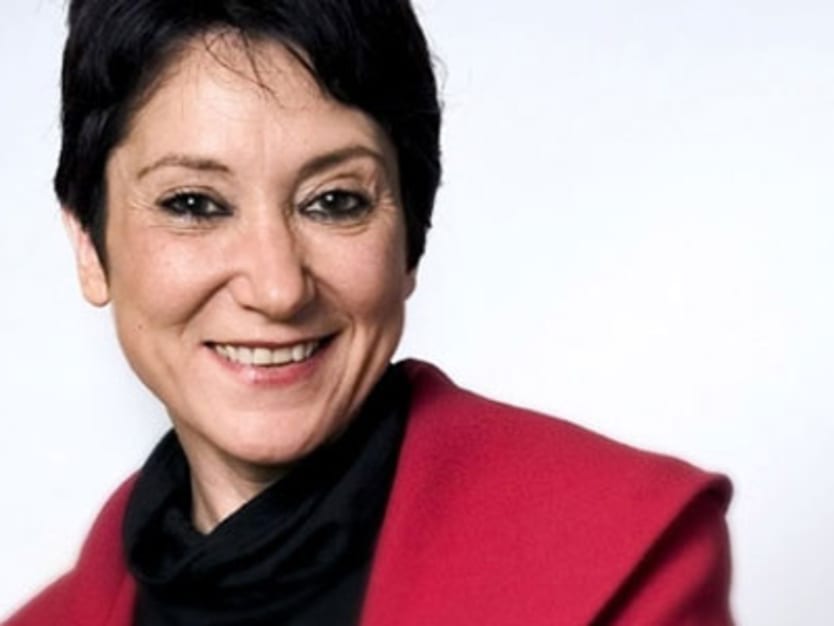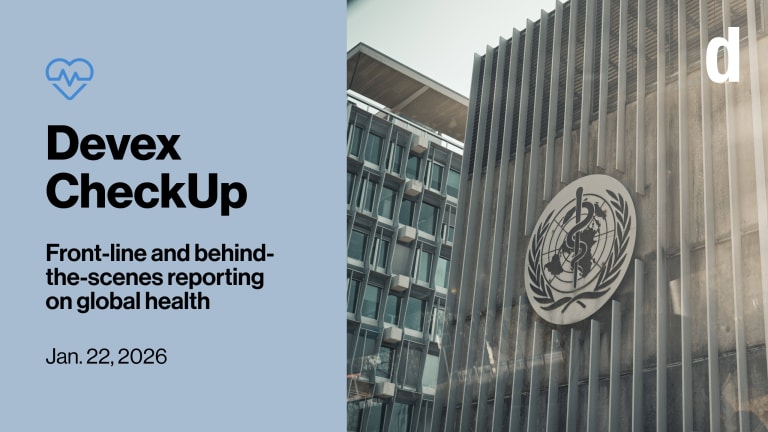
By Françoise Castex, member of the European Parliament
At the end of March, the group of world leaders tasked with designing the framework for international development that will follow the Millennium Development Goals met in Bali, Indonesia.
The outcome of the High-Level Panel’s meeting was eagerly anticipated by the international development community and it seemed to generate a mixture of praise and consternation. Praise for what it said; consternation for what it didn’t say.
This year on World Health Day, I call upon our leaders to address one of the major issues that the HLP chose not to include in its communiqué from Bali. We must remember how vital the human right of our women and girls to health and equality is, ensuring that it is placed at the heart of the future of international development.
We are living in austere times. Around the world public spending and salaries are falling, unemployment is rising and most of us are becoming poorer as a result. In the world’s poorest countries millions now run the risk of falling into grinding poverty, ill health and broken lives.
In 2015, when we replace the MDGs, the world will be a very different place to how it was in 2000. Since then, the world’s most developed countries have stepped up their commitment to helping the least developed ones progress and overall levels of development assistance have more than doubled.
Meanwhile, many of the world’s emerging economies have galloped ahead, experiencing blistering economic growth and an unprecedented improvement in the conditions that many of their citizens live in. But more recently, the whole world has been hit by a financial crisis that has ushered in an era of austerity and recession for many.
The context for international development has changed.
I am pleased to see that the HLP has identified the need to regulate tax havens, ensure that companies pay the taxes they should and that public authorities receive the tax that they are owed.
It is also positive to see that the eighth MDG – the creation of a global partnership for development – is firmly in the spotlight. For in a world where most people living in extreme poverty live in emerging economies and the balance in wealth between north, south, east and west has shifted, we can only improve the lives of the world’s poorest if we all work together.
However, I am concerned to see how absent human rights appear to be in the HLP’s negotiations so far. Indeed, surely our wish to bring about global development is ultimately led by the wish to enable all the world’s citizens to enjoy their human rights to live freely, safely and healthily?
This goal should match the aims for economic growth and environmental sustainability in importance. It also encompasses – and surpasses – social inclusion, which appears to be the panel’s third focus at present. And central to these human rights must be the right to good health that all citizens should be able to enjoy.
Family planning, as a key element of universal health coverage, is a vital piece of the complicated jigsaw required to improve the lives of women, children and families across the developing world. It is one of the most cost-effective investments that we can make, as it prevents many dangerous and costly consequences for unprotected women.
Unwanted pregnancies, complications of pregnancy and childbirth and sexually transmitted infections all exert a huge cost on the wellbeing of humans, not to mention an enormous drain on public services. Studies show that every euro spent on family planning can save up to six euros on health, housing, water and other public services in Africa and up to 13 euros in South Asia.
Universal health coverage is vital for development and family planning must be a key feature of it, ensuring that people enjoy the right to reproductive and sexual health.
The case for family planning, health, human rights and economic development therefore could not be clearer!
On numerous occasions, the international community has acknowledged the transformative power that investing in family planning, maternal and newborn health can have (most notably at Muskoka in 2010 and at the London Family Planning Summit last year).
My final ask of the international community therefore reiterates one of the key points identified by the HLP. Regardless of what is agreed to follow the MDGs and what the economic future may hold for us, we must begin by honoring the commitments we have already made.
Join the Devex community and access more in-depth analysis, breaking news and business advice – and a host of other services – on international development, humanitarian aid and global health.








